Recent Publications & Learning
Doing development differently starts with better evidence and learning.
Doing development differently starts with better evidence and learning.
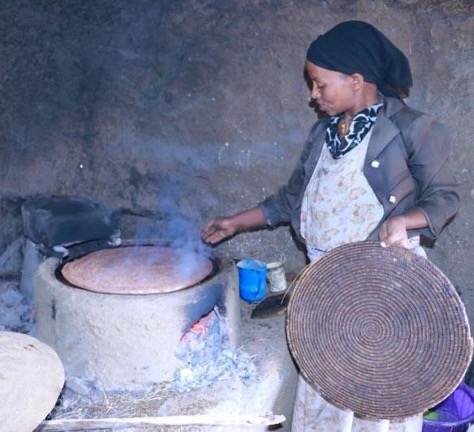
This blog from Business Fights Poverty examines how inclusive investments advance growth for SMEs and explores insights from the Women-Inclusive Return on Investment case study series.
Read More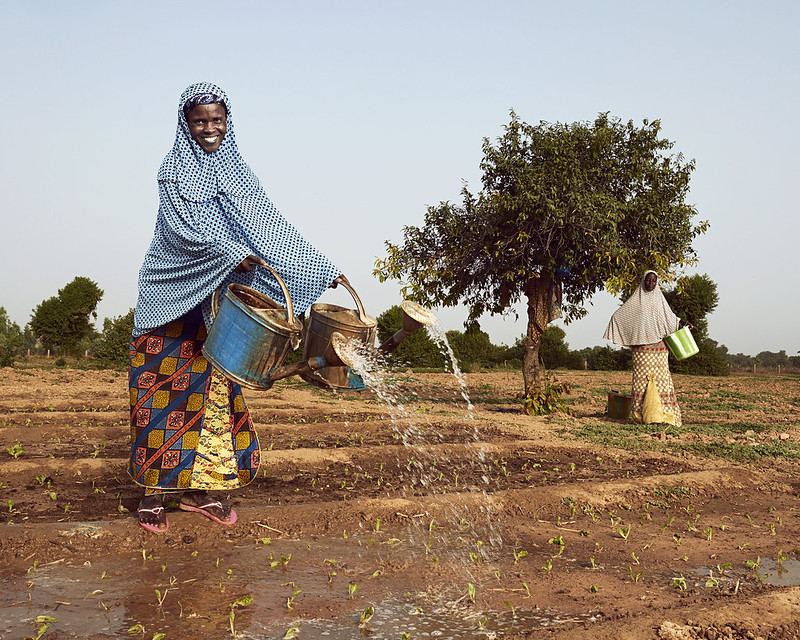
This synthesis report in the Women-Inclusive Return on Investment series showcases promising models of women-inclusive investments and summarizes case study findings to support further understanding and implementation.
Read More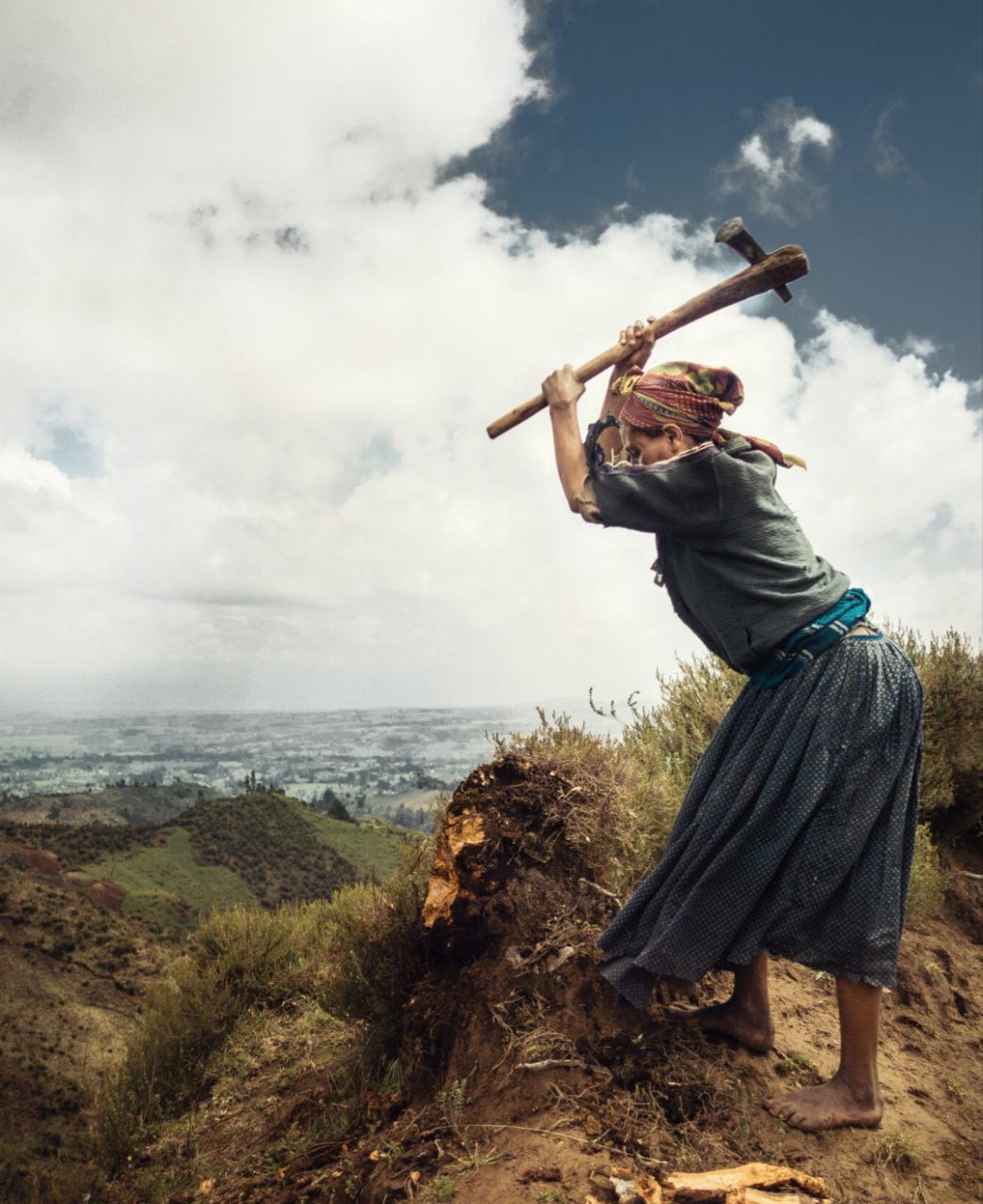
This learning note in the Women-Inclusive Return on Investment series provides key insights MSP gained from the process of vetting and selecting companies for WI-ROI.
Read More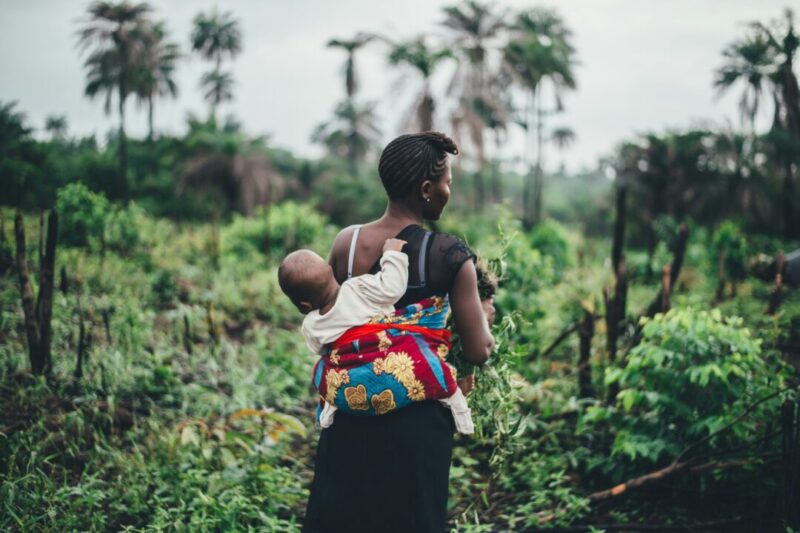
This second case study in the Women-Inclusive Return on Investment series examines how Okeba, a Ugandan agribusiness, provided care support to its staff and ultimately reduced costs.
Read More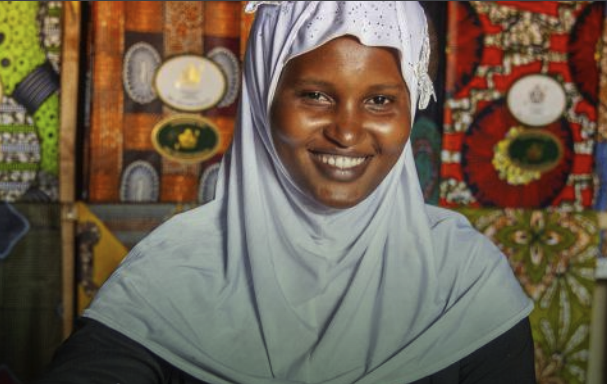
This study provides country-level insights into social norms that impact women entrepreneurs’ access to, use of, and benefits from financial services in Rwanda.
Read More
There is growing recognition of the important role gendered social norms play in influencing how women access, use and benefit from financial services and of how gender norms contribute to consistently lower rates of financial inclusion among women. CGAP, working with MarketShare Associates, developed a methodology for systematically unpacking the behavior of women as customers and users of financial services, assessing how these behaviors are shaped by gender norms, and in turn establishing how women’s financial inclusion is impacted.
Read More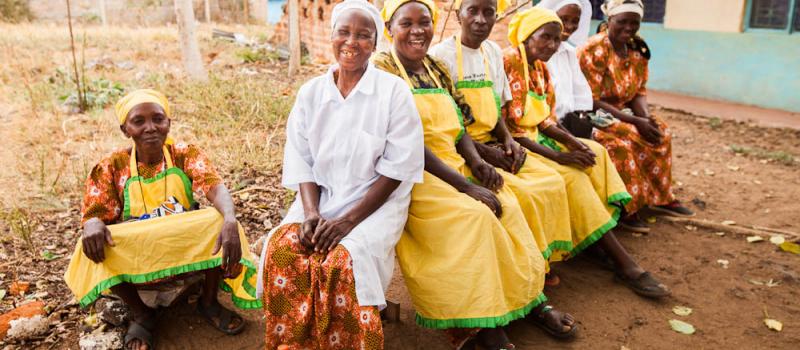
Women’s collectives are often thought of as a critical source of social solidarity and resilience at the grassroots level. But what if women’s collectives could be leveraged to target and help unlock the economic empowerment of rural women at scale? This blog post explores the potential transformative role women’s collectives can play in expediting women’s economic and social empowerment globally, and how the Bill & Melinda Gates Foundation is targeting these groups to address structural barriers to gender equality.
Read More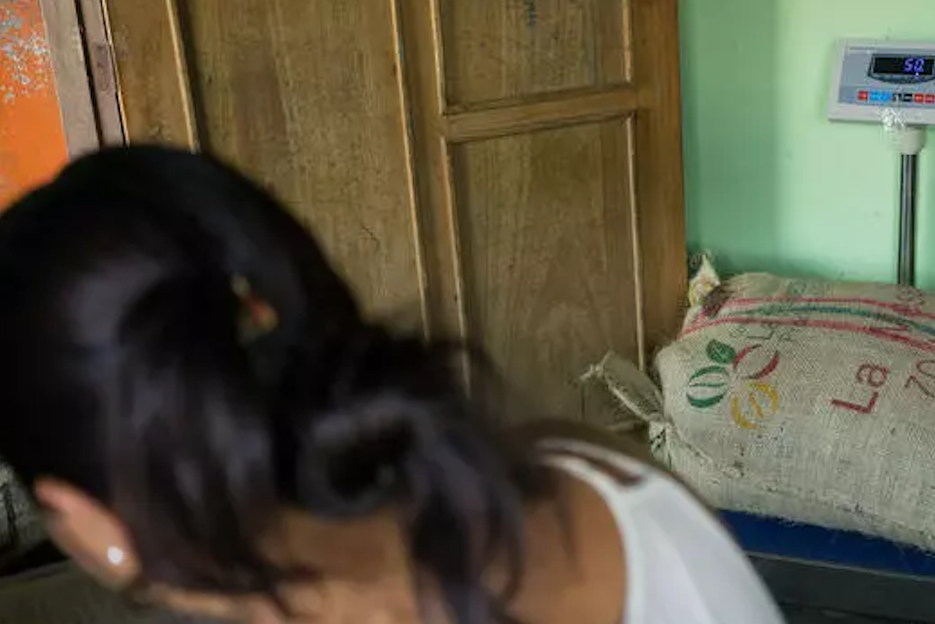
The Feed the Future Advancing Women’s Empowerment (AWE) program team spoke with Wade Channell, senior economic growth advisor for gender with USAID about how we can leverage the enabling environment to achieve scale in women’s empowerment.
Read More
Insights and examples of approaches to scaling women’s empowerment from the Feed the Future Advancing Women’s Empowerment (AWE) program team, particualrly relating to gains in agricultural productivity, resilient and sustainable livelihoods and nutrition.
Read More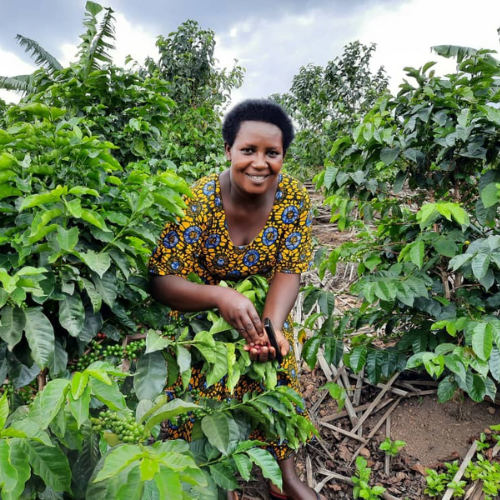
This background note provides guidance for implementers and designers to apply a social norms lens onto a persona tool. It is to be used to develop a more nuanced understanding of women and the social norms that impact their ability to interact with financial services.
Read More